Lesson 1.3: The Three Key Economic Questions
1/13
Earn XP
Description and Tags
Flashcards made from a presentation segment created as a lesson on the basic questions of economics.
Name | Mastery | Learn | Test | Matching | Spaced | Call with Kai |
|---|
No study sessions yet.
14 Terms

Economics
The study of how people make decisions in a world with finite resources but infinite needs and wants (scarcity)
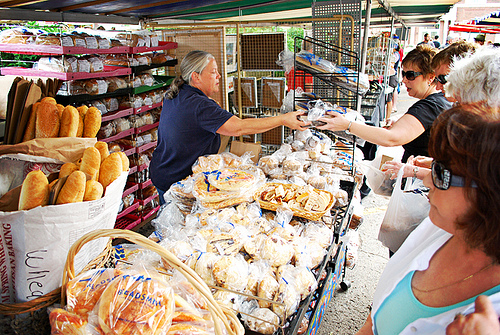
Questions of Allocation
There are three questions:
What is produced?
How is it produced?
For whom is it produced?
What is produced
How resources should first be allocated to in general categories, examples:
Governmental spending on schools, highways, or recreation centers
Economic decisions for national defense or social services
Agricultural decisions for various crops

How it is produced
How the different factors of production (land, labor, capital) are combined in different ways according to resource allocation, examples:
Burger-making machines or grills
Education through public or private institutions
Energy sources and environmental considerations

For whom it is produced
To whom the goods or services are consumed and distributed, largely based on income distribution and market prices, addressing income inequality and access to resources
Factor payments
The income people receive in return for supplying factors of production (land, labor, capital)
Landlords collect rent
Workers earn wages
Lenders receive interest
Entrepreneurs make a profit

Economic system
A particular set of social institutions which deal with the production, distribution, and consumption of goods and services within a particular society with four types:
Traditional
Command
Market
Mixed
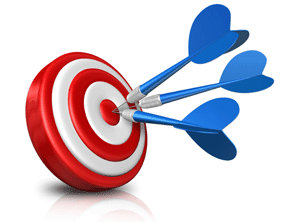
Efficiency
The maximization of production and meeting societal consumption and demand within the limits of scarcity
A manufacturer can be inefficient if they produce desktops, not laptops
Market freedom
The ability for people to make their own choices; this aligns with traditional American cultural values but with the risk of failure and inequity
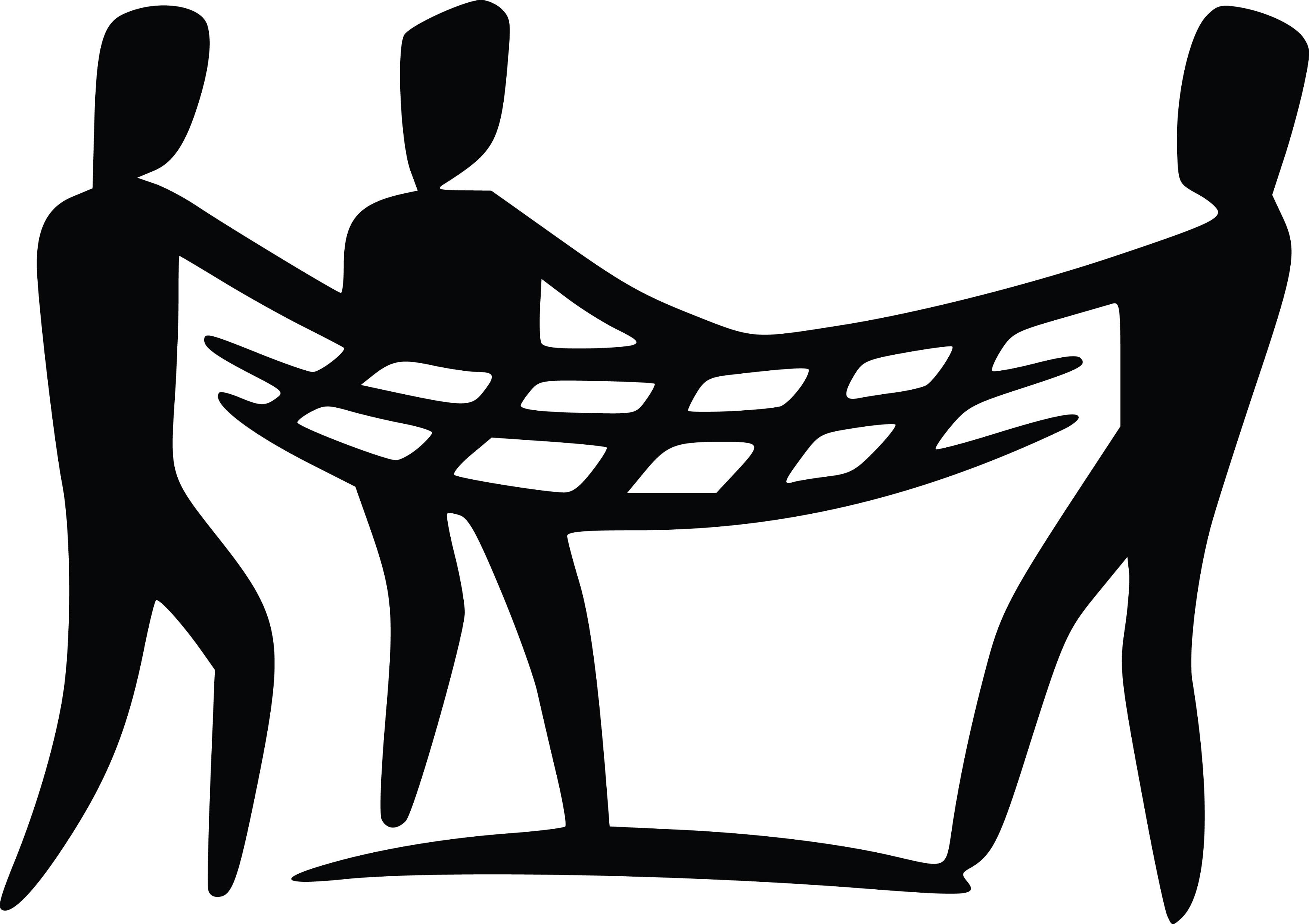
Safety net
A set of programs to protect people who face unfavorable economic conditions such as layoffs, injuries, or natural disasters
Some provide pensions or basic income to the retired or elderly as well
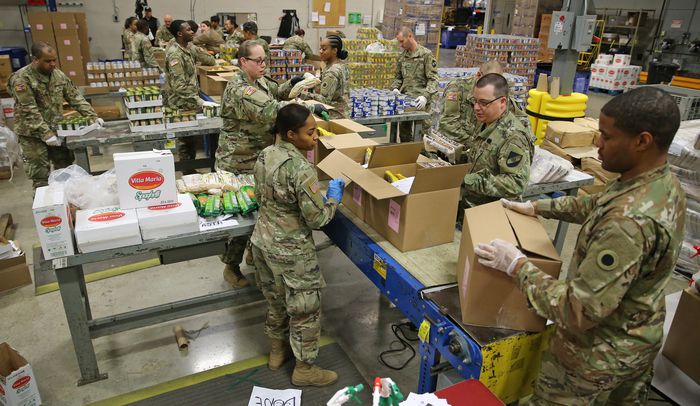
Equity
Most commonly defined as “fairness,” it refers to how a country divides its economic shares amongst a population
Division equally or based on production
Distribution to those unable or unwilling to produce
Conflicts between economic equity and freedom
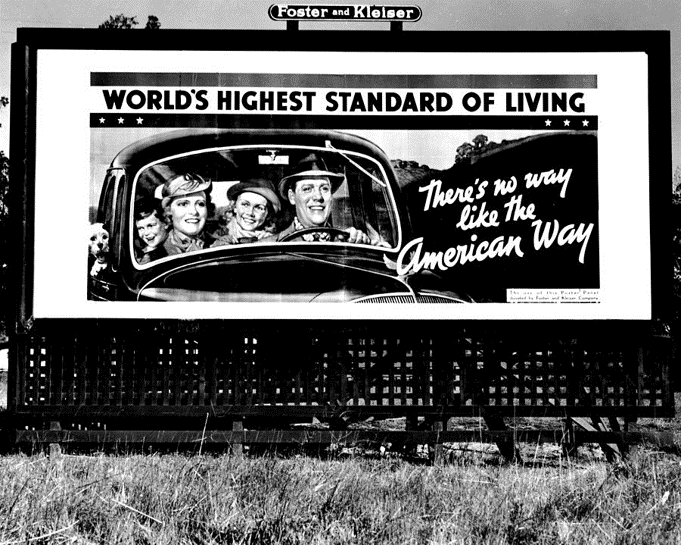
Growth
Required for a country’s economy with an increasing population to provide more jobs, better incomes, and a higher standard of living
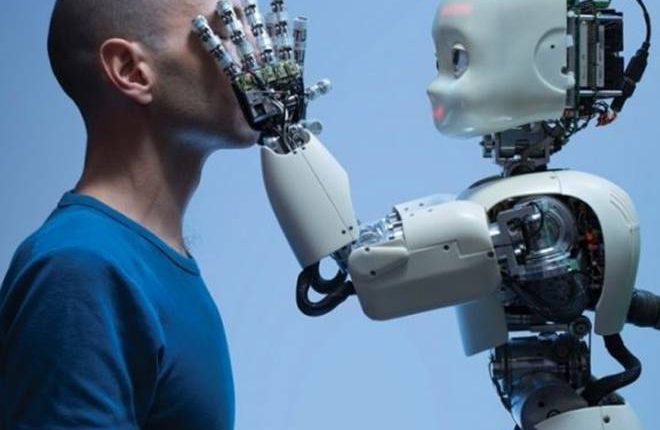
Innovation
The process of bringing new methods, products, or ideas into use
Computer technology is a good example of this
Economic system trade-offs
The trade-offs a country may make as it adopts economic policies, such as environmentalism at the cost of higher production or safety nets at the cost of growth